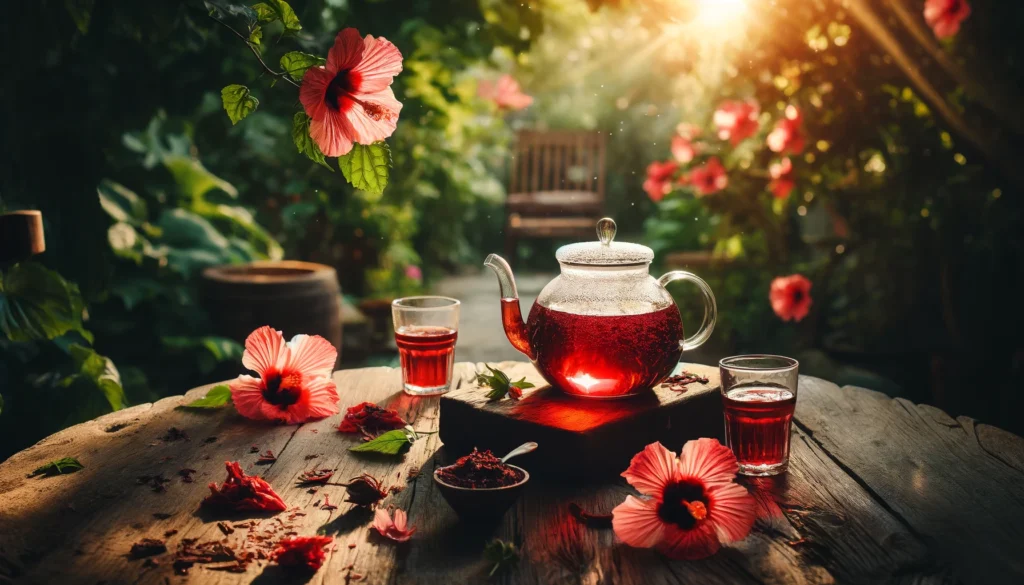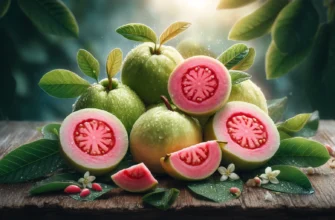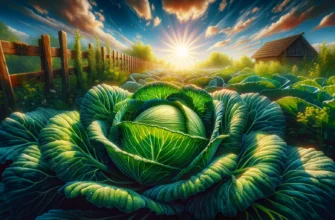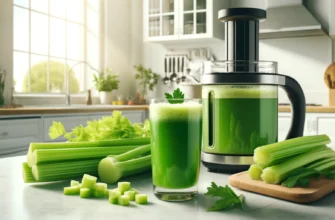Once upon a time, amidst the hustle and bustle of the ancient marketplaces, where philosophers debated and poets rhymed, there was one unassuming hero overlooked by history: hibiscus tea. Yes, while Plato and Aristotle were busy untangling the mysteries of existence, they might have missed out on the wonders of this vibrant, ruby-red elixir. Hibiscus tea isn’t just a drink; it’s a philosophical journey – each sip a step closer to enlightenment, or at least to realizing you probably need to drink more water.
So, why should you join the ranks of the hibiscus enlightened? Here are ten refreshing truths that reveal why hibiscus tea is more than just a pretty color in your cup.

- 10 Benefits of Hibiscus Tea
- Antioxidant Powerhouse
- Hibiscus for Hypertension
- Cholesterol Chaperone
- Metabolic Maestro
- Liver Love
- Digestive Delight
- Cranberry Cousin
- Mood Magnifier
- Thirst Quencher
- Sleepytime Sidekick
- 10 Facts About Hibiscus Tea
- Summary: Brew a Little Happiness
- FAQ for Hibiscus Tea Enthusiasts
- Is it okay to drink hibiscus tea daily?
- Does hibiscus tea detox your body?
- Who should not drink hibiscus tea?
- Does hibiscus reduce belly fat?
10 Benefits of Hibiscus Tea
Antioxidant Powerhouse
The vibrant color of hibiscus tea isn’t just for show. It’s packed with antioxidants such as anthocyanins, which help fight free radicals. This means a better defense against the age-old battle of aging and diseases. Imagine your body as a fortress; antioxidants are the knights keeping you safe from the dragon of decay.
Hibiscus for Hypertension
Studies have shown that hibiscus tea can lower blood pressure in those with mild to moderate hypertension. It’s like having a natural, gentle bouncer at the door of your arteries, keeping the pressure from becoming an unruly party crasher.
Cholesterol Chaperone
Not all chaperones ruin the party. Hibiscus acts as a chaperone for your cholesterol, helping to keep it from misbehaving and sticking to your artery walls. It’s beneficial for those managing their cholesterol levels, keeping things smooth and flowing, much like the tea itself.
Metabolic Maestro
With its ability to influence metabolism, hibiscus tea can be a supportive drink in your weight management symphony. It’s not a magic weight loss elixir, but it can help tune your metabolism into better harmony.
Liver Love
Hibiscus tea might help in promoting liver health and function. Consider it a spa treatment for your liver, helping to cleanse and rejuvenate, so it can keep on detoxifying you like a rock star.
Digestive Delight
For those who find themselves bloated after eating a philosopher’s portion at the banquet of life, hibiscus tea offers digestive relief. It’s the comedic relief of the digestive drama, soothing and reducing bloating.
Cranberry Cousin
Due to its tartness and color, hibiscus tea is often likened to cranberry juice. It can help in the same areas, particularly in urinary tract health. Drink up to keep those pesky UTIs in check.
Mood Magnifier
Feeling blue? Hibiscus tea might just help lift your spirits. While it’s no substitute for therapy, it can serve as a gentle reminder that things can taste sweet (or tart) even without sugar.
Thirst Quencher
On a hot day, a cold glass of hibiscus tea is more refreshing than a philosopher’s ponderous pontifications on the nature of heat. It hydrates and revitalizes, without any philosophical jargon.
Sleepytime Sidekick
Hibiscus is naturally caffeine-free, making it a perfect beverage before bed. Let it lull you into a peaceful slumber, perhaps to dream of existential quandaries or nothing at all – your choice.
10 Facts About Hibiscus Tea
- Origins: Hibiscus tea is made from the petals of the Hibiscus sabdariffa flower, originally native to Africa.
- Global Popularity: It’s enjoyed around the world, known as “Karkade” in Egypt and “Sorrel” in the Caribbean.
- Variety of Names: Also called Roselle, red tea, sour tea, and by many other names across cultures.
- Preparation Variety: Can be enjoyed hot or cold, often with a touch of sweetener to balance its tartness.
- Color Indicator: Changes color based on pH, turning from red to purple with the addition of something basic like baking soda.
- Nutritional Content: Contains vitamin C, minerals, and antioxidants, making it a nutritious choice.
- Culinary Uses: Used in jams, relishes, and even sauces for its unique flavor and color.
- Traditional Medicine: Historically used in various traditional medicines for its supposed therapeutic properties.
- Celebratory Drink: In some cultures, it’s a staple in wedding celebrations and festive occasions.
- Sustainability: Hibiscus plants are hardy and drought-resistant, making them a sustainable option for cultivation.
Summary: Brew a Little Happiness
In the end, hibiscus tea isn’t just something to sip; it’s something to savor. Whether you’re seeking health benefits, a burst of flavor, or a moment of peace, this tea might just be the unsung hero of your pantry. So, brew a pot of philosophy and laughter – your taste buds (and maybe even your soul) will thank you.
FAQ for Hibiscus Tea Enthusiasts
Is it okay to drink hibiscus tea daily?
Absolutely, with a caveat! Hibiscus tea can be a delightful addition to your daily routine. It’s packed with antioxidants and can help maintain healthy blood pressure levels. However, moderation is key. Due to its ability to lower blood pressure, those with already low blood pressure should monitor their consumption. Think of it like a powerful superhero– even Superman has his kryptonite!
Does hibiscus tea detox your body?
Detox is a trendy word, but let’s get real. Hibiscus tea is often celebrated for its “detoxifying properties.” While it’s rich in antioxidants that help fight free radicals, the term “detox” is as loosely used as the term “all-natural.” Your liver and kidneys are the MVPs of detoxing your body. So, while hibiscus tea is a great supporter, it’s more of a cheerleader than the star player in the detox game.
Who should not drink hibiscus tea?
Not everyone should RSVP ‘Yes’ to the hibiscus party. People taking hydrochlorothiazide, a diuretic used to treat high blood pressure, should avoid hibiscus as it can interact with the drug. Also, those with low blood pressure should be cautious, as hibiscus can lower blood pressure further– potentially turning a relaxing tea time into a less relaxing fainting spell. Pregnant women should also steer clear, as hibiscus could affect estrogen levels.
Does hibiscus reduce belly fat?
If only it were that simple! Hibiscus tea is often cited in weight loss conversations for its potential to help reduce body weight and body fat. However, drinking hibiscus tea alone won’t make your belly fat vanish as if by magic– despite the mystical vibes of its deep red color. Think of it as part of a broader ensemble cast in the drama of weight loss, where diet and exercise are the lead actors.







